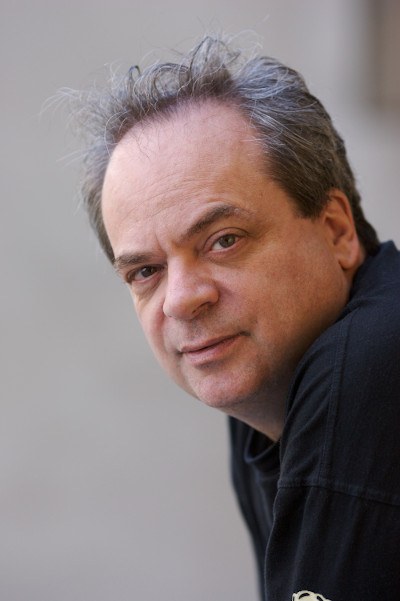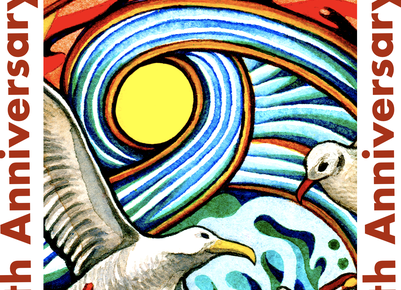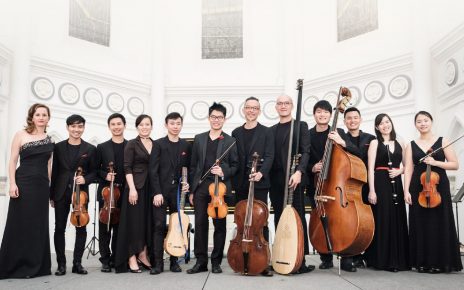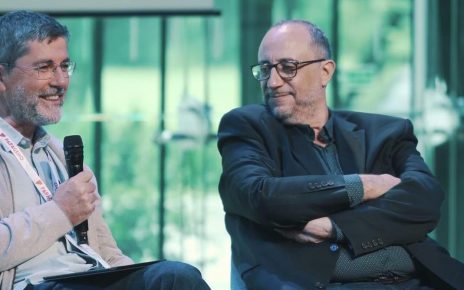The lecture will take place in TANNA SCHULICH HALL, followed by a wine and cheese reception in the lobby of the Elizabeth Wirth Music Building. This event is free and open to the general public.
We invite you to share this event via Facebook.
Registration
Registration for this event can be done by filling out the form at this link.
Abstract
The notion of bi-musicality introduced by Mantle Hood in the 1960s is still useful today although it is redefined in the era of globalization and postcolonial issues. It applies to people able to play music from two different cultures as bilingual is used for people able to speak two different languages. Today, machine learning and artificial creativity bring new interesting questions to this area as possible extensions of human musicality and the learning to play musical instruments. Chemillier explores such ideas illustrated by videos of live interaction between a computer and musicians from Madagascar. A computer program Djazz (http://digitaljazz.fr/) devoted to music improvisation is developed at IRCAM and EHESS in Paris in order to play in different cultural contexts and, among others, in the style of native Malagasy musicians. Furthermore, in collaboration with LAM, sensors have been designed that are adapted to the traditional zither from Madagascar played during trance rituals, in order to collect MIDI data from the playing of the musicians. This data is then processed by the improvisation software which is able to play in the style of native zither players. The outputs of the program are good enough to allow duets between a musician and the computer. Musicians reacting to the outputs of the machine can shed new light on the analysis of their repertoires. By refining the generation parameters, we can get closer to an optimal characterization of the music studied. Moreover, the system can also explore various degres of hybridation. One can inject in the context of Malagasy music generated solos from other traditions (for instance jazz) and study how it fits the musical context according to the native musicians point of view, which can shed new light on the boundaries of a given musical tradition.
Biography
Musician, computer scientist and anthropologist, Marc Chemillier studied jazz piano (Schola Cantorum, CIM). He entered the ENS de Fontenay-aux-roses in mathematics in 1981 and studied harmony-counterpoint at the CNSM in Paris. He made a PhD thesis in collaboration with IRCAM. In ethnomusicology, he worked on the harp of the Nzakara of the Central African Republic (CD Musiques des anciennes cours Bandia in 1995), then on the zither of Madagascar. In 2000, he created with the OMax Brothers (Gérard Assayag, Marc Chemillier, Shlomo Dubnov, Georges Bloch) the OMax improvisation software. Director of studies at the EHESS in Paris, he published Les Mathématiques naturelles in 2008 (Odile Jacob) and continues his research on computer- assisted improvisation and its anthropological and social issues. In 2021, he published the book-CD Artisticiel with Bernard Lubat and Gérard Assayag.




